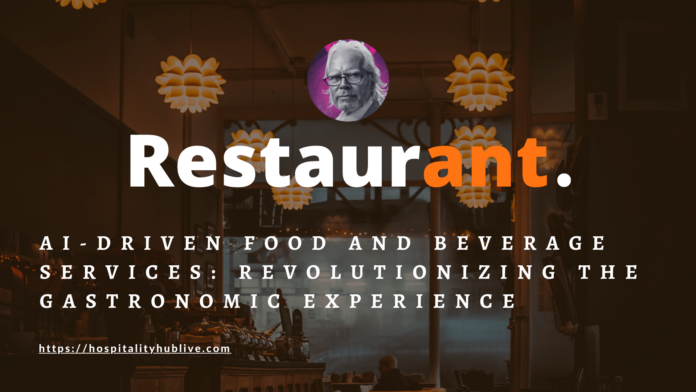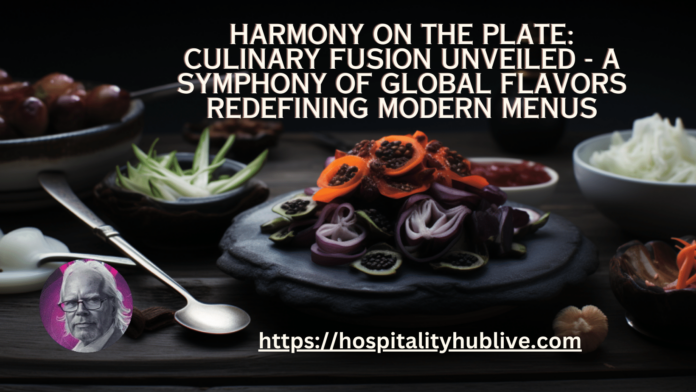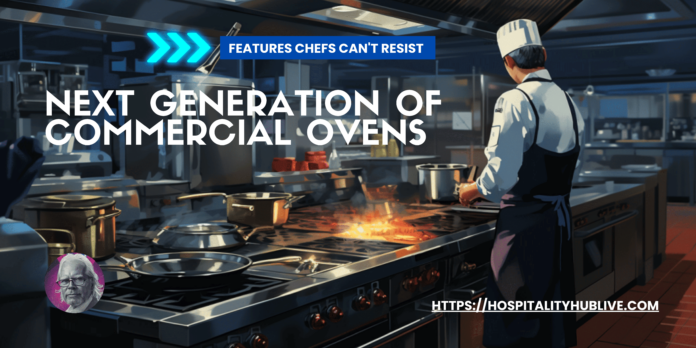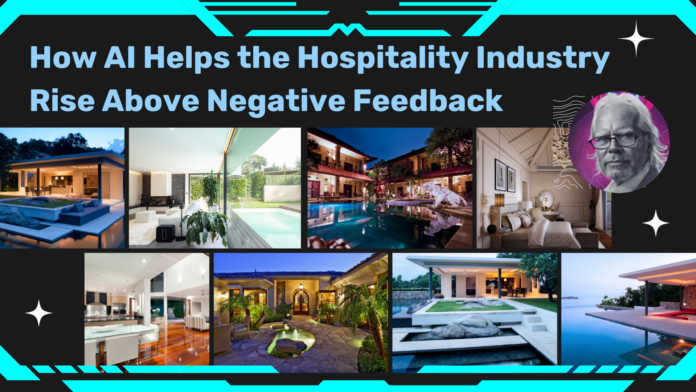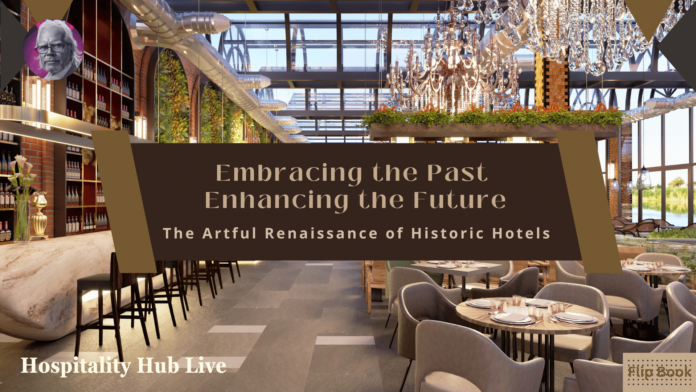Please find below the FREE : AI-Driven Food and Beverage Services: Revolutionizing the Gastronomic Experience : Flip Book for Download
You are welcome to buy our staff a cup of coffee. No need for Starbucks
— A coffee from the corner shop is ok!
Introduction: A Visionary Feast
Imagine a dining experience where your tastes are known the moment you step through the door, where each bite is a masterpiece of precision, and your entire meal is orchestrated by the silent, unseen maestro of AI.
This is not a scene from a futuristic novel; it is the reality that AI-driven food and beverage services are crafting in today’s eateries, leading us into a culinary renaissance where technology and taste intertwine in a harmonious symphony.
Intersection of AI and Culinary Services
In this transformative phase, the fusion of AI with culinary services is pioneering a new era of restaurant technology. Analytical prowess aids in tailoring offerings to individual tastes and preferences. From menu personalization to intelligent inventory management, AI’s potential in the F&B sector is vast and ever-expanding.
Customizing Dining Experiences with AI
Restaurants utilizing AI can analyze a customer’s previous orders and preferences to offer a bespoke service. This level of personalization ensures each customer feels valued and enhances their dining experience, promoting loyalty.
AI Tools for Restaurant Operations
AI tools for restaurant operations are revolutionizing the industry. They offer a variety of solutions from managing reservations via chatbots to AI-driven kitchen appliances that optimize food preparation times.
Enhanced Introduction with a Visionary Hook:
“Imagine a dining experience where your tastes are known the moment you step through the door, where each bite is a masterpiece of precision, and your entire meal is orchestrated by the silent, unseen maestro of AI. This is no longer the stuff of science fiction. AI-driven food and beverage services are crafting this reality in eateries around the globe, leading us into a culinary renaissance where technology and taste intertwine in harmonious symphony.”
Add Engaging Storytelling:
Introduce narratives that paint a picture of the potential experiences enabled by AI. For example:
“As you sit at ‘The Cybernetic Bistro,’ the table before you comes alive with a vibrant display of your culinary history and suggested future delights. An AI gastronome, with its algorithmically perfected palate, predicts that you would enjoy a truffle-infused risotto followed by a sous-vide steak, paired exquisitely with a rare vintage from the south of France. This predictive personalization is the new gold standard of dining luxury.”
Incorporate Vivid Descriptions of AI in Action:
“Envision a bustling, state-of-the-art kitchen where AI-guided robots dance in a ballet of efficiency, each movement a brushstroke in the creation of a culinary canvas. Chefs are free to engage in the artistry of flavor, as mundane tasks are delegated to their tireless electronic counterparts.”
Pros and Cons
Pros:
- Personalized recommendations and attentive service.
- Streamlined operations and reduced waste.
- Real-time menu adjustments based on trends and feedback.
Cons:
- Substantial initial investment.
- Complexity in integration with existing operations.
- Privacy concerns and data security measures.
Conclusion:
In a world where the ordinary becomes obsolete, AI-driven F&B services promise an extraordinary leap into the future of dining. Here, tradition meets innovation, and every meal is a testament to the marvels of modern technology.
The lines between chef, sommelier, and maître d’ blur into a unified digital concierge, redefining the culinary experience for generations to come.
Case Study: A Visionary Case Study: The Gourmet Symphony
The Gourmet Symphony” serves as a prime example of how high-end restaurants are implementing AI-driven food and beverage services.
For their exclusive tasting event, the establishment integrated a sophisticated AI sommelier program designed to provide personalized recommendations and enhance the overall customer experience.
The anticipation for the event was palpable, with notable food critics and influencers in attendance, eager to witness the fusion of culinary tradition and technological innovation.
Investment and Costs:
- Development: A significant investment was made with $150,000 allocated for custom AI software development tailored to “The Gourmet Symphony’s” specific needs.
- Operational Expenses: Running the AI system incurred an annual operational cost of approximately $12,000.
Financial Outcomes:
- Wine Sales: There was a substantial 25% increase in wine sales, attributed directly to the personalized recommendations made by the AI system.
- Cost Reduction: The restaurant noted a 20% reduction in food waste due to more accurate demand forecasting and inventory management facilitated by AI.
Operational Impact:
- Customer Engagement: The event and subsequent AI-enhanced services led to an increase in customer engagement and satisfaction.
- Staff Efficiency: Efficiency improved significantly as staff could focus on customer service, with AI handling data-driven tasks.
Affordable AI Alternatives: Recognizing that not every establishment can make such a robust investment, it’s crucial to highlight the emergence of more cost-effective AI solutions. These are designed to offer similar benefits but at a scale and price that are approachable for a wider array of businesses:
- Off-the-Shelf AI Solutions: Economical options start as low as $30 per month per module, offering substantial functionality without the hefty price tag.
- Modular Implementations: Businesses can adopt AI incrementally, selecting services that are immediately beneficial and scaling up as they grow.
Cost-Efficient Financial Outcomes:
- Subscription-Based Models: This model offers predictable monthly expenses, easing budgetary pressures and negating the need for large upfront costs.
- Customizable Features: Tailoring features to specific business needs ensures that establishments are not paying for unnecessary functionalities.
Accessible Operational Impact:
- Scaled Deployment: AI-driven tools can be integrated in phases, aligning with a restaurant’s operational capacity and budget constraints.
- Diverse Supplier Market: The competitive market of AI technology providers means better prices and a wide variety of choices, allowing restaurants of all sizes to benefit from AI technology.
“The Gourmet Symphony” thus exemplifies both the high-end potential and the scalability of AI within the F&B sector. This case study illuminates a path forward for establishments that aspire to revolutionize their services through AI, regardless of their starting point in terms of size and financial resources.
Discover more from Hospitality Hub Live
Subscribe to get the latest posts sent to your email.
